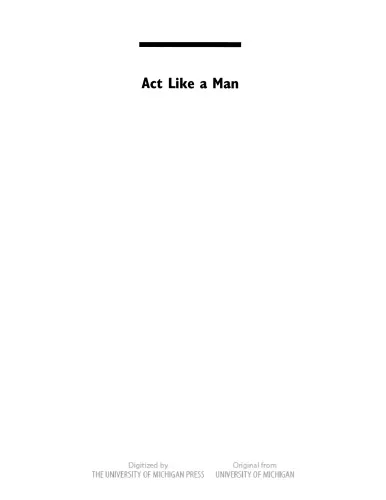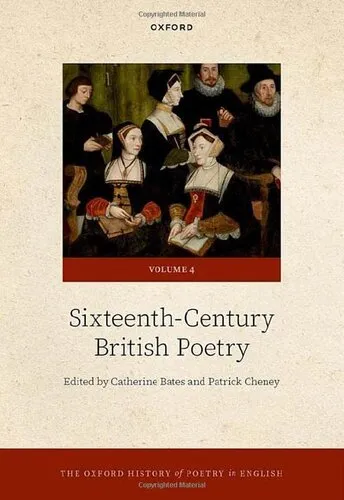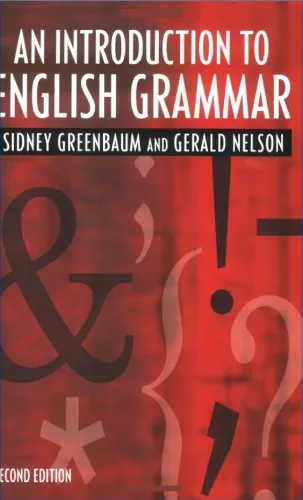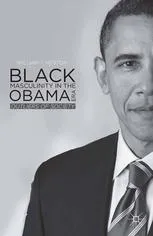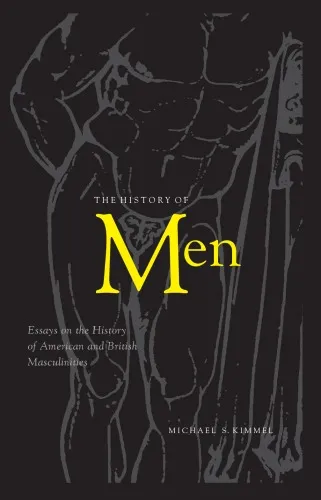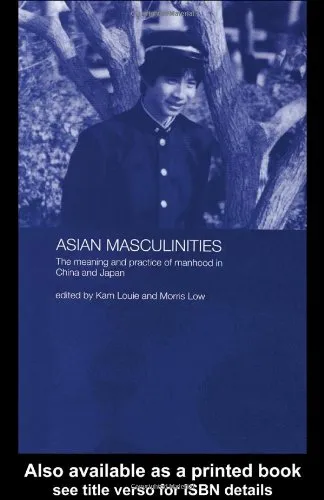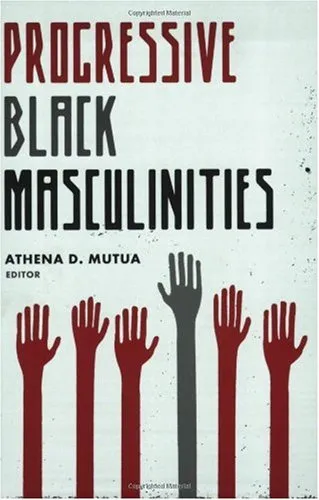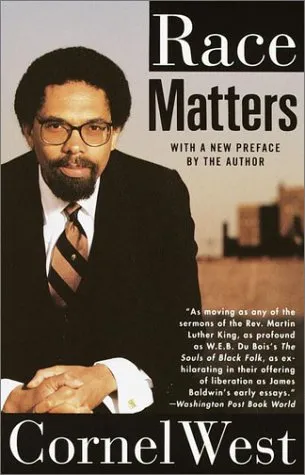Act Like a Man: Challenging Masculinities in American Drama
4.5
Reviews from our users

You Can Ask your questions from this book's AI after Login
Each download or ask from book AI costs 2 points. To earn more free points, please visit the Points Guide Page and complete some valuable actions.Related Refrences:
Introduction to 'Act Like a Man: Challenging Masculinities in American Drama'
Robert Vorlicky’s Act Like a Man: Challenging Masculinities in American Drama illuminates a critical yet often overlooked facet of American theatre: the exploration and critique of masculinity as a cultural construct. This book delves into how playwrights have used the medium of drama to challenge traditional notions of masculinity within the social and cultural landscapes of the United States. By dissecting theatrical texts and performances, the book confronts stereotypical ideas about what it means to "act like a man" and how these ideas are perpetuated and subverted in American drama.
American drama has long been a vehicle for exploring identity, power, and societal expectations. Vorlicky’s work highlights the critical moments in theatre history where masculinities were deconstructed and reimagined—pushing audiences to critically engage with the pressures and contradictions surrounding male identities. This book offers a rich analytical framework for both scholars and theatre professionals to reconsider how gender is performed, contextualized, and ultimately reshaped on stage.
By juxtaposing traditional and emerging forms of masculinity, Vorlicky examines works from influential playwrights—both canonical and contemporary—whose dramatic lenses contribute to the complex dialogue on gender. Students, researchers, and practitioners will appreciate the book’s interdisciplinary approach, which bridges literary criticism, gender theory, and performance studies.
Detailed Summary of the Book
Act Like a Man is structured as a deep dive into the diversity of masculinities portrayed in American drama. Vorlicky begins by situating masculinity within historical, cultural, and theatrical contexts, pinpointing key moments in U.S. theatre when questions of gender identity intersected with larger societal and political struggles. For example, the book explores how mid-20th-century dramas, such as those by Tennessee Williams and Arthur Miller, reflect traditional masculine ideals of strength, dominance, and stoicism while simultaneously revealing their flaws and fragilities.
Vorlicky’s analysis extends beyond traditional masculinity to focus on marginalized and alternative masculinities. Examining works by queer playwrights and dramatists of color, the book highlights how these voices complicate and expand the discourse on gender. By spotlighting plays from figures like Tony Kushner, Suzan-Lori Parks, and David Mamet, Vorlicky provides a broad overview of how dramatists have constructed, deconstructed, and reconstructed the notion of "manhood."
The book is not just a critique but also a celebration of theatre’s role in questioning social norms. Its chapters weave together close readings of dramatic texts, performance histories, and theoretical insights, creating a comprehensive map of how masculinity continues to evolve within the realm of storytelling and performance.
Key Takeaways
- Masculinity is not a fixed, uniform identity but a fluid and contested cultural construct constantly redefined by societal changes and artistic expression.
- American drama has historically served as a mirror to challenge and reimagine traditional norms of gender, especially masculinity, in diverse and nuanced ways.
- Queer and feminist playwrights have played essential roles in expanding the boundaries of masculinity, often revealing its intersections with race, class, sexuality, and power dynamics.
- Theatre serves as both an artistic medium and a political platform for questioning the expectations and constraints placed on male identity.
- Performative aspects of masculinity—how men "act" in society—make theatre a particularly apt medium for investigating the nature of gender itself.
Famous Quotes from the Book
"To act like a man is to accept an unspoken contract endowed with privilege and burden, power and repression, dominance and vulnerability."
"Masculinity, when critically examined on the stage, reveals itself as a fragile, shifting, and often contradictory performance."
"Theatre disrupts the myths of masculinity, transforming them into arenas of possibility where the limits of gender can be challenged."
Why This Book Matters
Act Like a Man is an essential text for anyone interested in gender studies, theatre, or cultural criticism. At its core, this book matters because it sheds light on the evolving nature of masculinity, showing how these constructs affect not just men, but society as a whole. In an era when discussions around gender equity, toxic masculinity, and intersectionality are becoming mainstream, Vorlicky’s work provides a necessary academic and cultural perspective.
Furthermore, the book challenges readers to reframe their understanding of masculinity—not as an innate or singular identity, but as a complex and performative construct shaped by culture, politics, and art. It encourages us to ask essential questions about why gender norms persist, how they constrain individuals, and how the arts can play a role in pushing beyond these constraints.
Whether you are a student of American drama, a practitioner looking for insight into performances, or a curious reader eager to understand the intersections of gender and art, Act Like a Man provides the tools and inspiration to think critically about one of the most pervasive aspects of human identity.
Free Direct Download
You Can Download this book after Login
Accessing books through legal platforms and public libraries not only supports the rights of authors and publishers but also contributes to the sustainability of reading culture. Before downloading, please take a moment to consider these options.
Find this book on other platforms:
WorldCat helps you find books in libraries worldwide.
See ratings, reviews, and discussions on Goodreads.
Find and buy rare or used books on AbeBooks.
1659
بازدید4.5
امتیاز0
نظر98%
رضایتReviews:
4.5
Based on 0 users review
Questions & Answers
Ask questions about this book or help others by answering
No questions yet. Be the first to ask!
